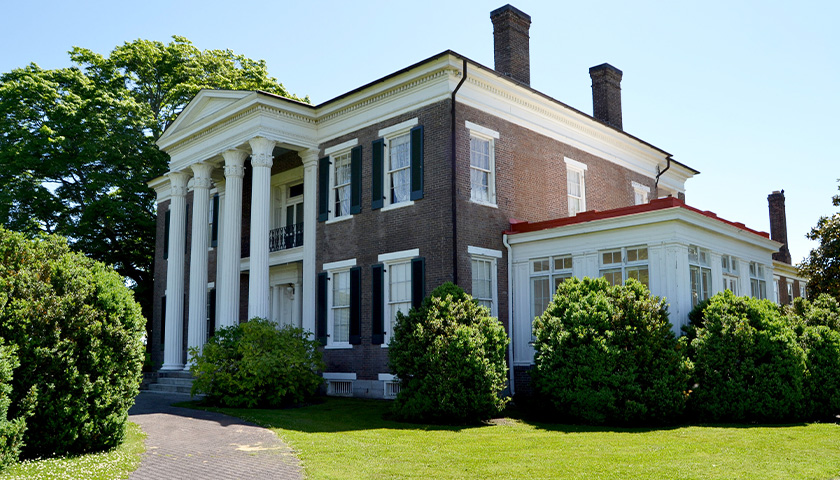The Battle of Franklin Trust recently announced that it is putting an end to weddings and events at three historic plantation sites it manages in Williamson County – the Carnton home, Carter House, and Rippavilla.
The Battle of Franklin Trust is a 501(c)(3) corporation with a mission of preserving, understanding, and interpreting the story of a people forever impacted by the American Civil War. The group announced on its website that weddings and events will no longer be scheduled at any of the three historical sites.
“Effective immediately we will no longer be booking weddings at any of the sites that we manage,” the group’s website states. “The weddings that we currently have on our schedule will be the last. Our summer concert series will also be retired as well as Bootlegger’s Bash.”
A concert that had been scheduled at Carnton on July 31st was canceled and tickets have been refunded with no makeup date, the website also notes.
Looking forward, the group states on its website that “the focus must shift almost solely to the 100,000+ visitors who come out every year” and must be “on the future and how to respectfully manage” the three historic sites.
“Things have changed quite a lot in the past decade. The changes over the past 30-40 years are profound,” the group further states on its website. “Sites like Carnton, Carter House, and Rippavilla have an important role to play in the future. Great social upheaval and slavery led to the American Civil War, the war itself inflicted a terrible human cost, and we have charted a course for over a century and a half since then trying to come to grips with what happened. Great social upheaval in our time, over the past and the future, has created a reckoning at historic sites. It has also created tremendous opportunities.”
Aside from the cancellations, the group stated it will continue to hold its Legacy Dinner, commemorations of the Battles of Spring Hill and Franklin, and Descendants Reunion program going forward.
– – –
Kaitlin Housler is a reporter at The Tennessee Star and The Star News Network.
Photo “Rippa Villa” by The Battle of Franklin Trust.






What a shame this is, cultural genocide at its worst.
96% of all African Slaves went to the Caribbean, Latin and South America. Roughly only around 4% of Southerners actually owned slaves, and some of those were indeed Negro ‘free men of color.’
Many white folk worked the same fields, on plantations, alongside black folk, and were sharecroppers. Everyone worked to feed and cloth themselves, and the rest of humanity.
The actual ‘slave quarters’ behind my house, at Carnton Plantation, are better constructed than my modern townhome, which was built in 1985. With new windows, some insulation, plumbing and an HVAC, I would happily trade.
The first tractors came along, soon after the War of Northern Aggression. The internal combustion engines were soon added to the fleet, where one tablespoon of gasoline had more potential caloric energy than one man could spend all day.
Fast forward to America today, where freed slaves and poor whites moved off to the industrialized cities of the North, to take part in the Industrial Revolution, only to have those jobs moved offshore, and those cities gutted, as the CIA smuggled in the drugs, and the banks laundered the money.
Now, many are returning to their roots, back to Tennessee, both black and white, searching for opportunity. What I could do today, if I only had 40 acres and a small tractor (mule.)
I know of one black farmer, who stayed on land, over in West Tennessee, as the rest of his family moved off to Memphis and St. Louis, as my own grandfather did. He sits happily now on over 1000 acres and is doing quite well. I have been invited to hunt his land.
Applause
“The War of Northern Aggression”! So true.
The winners write the history books
Good move.